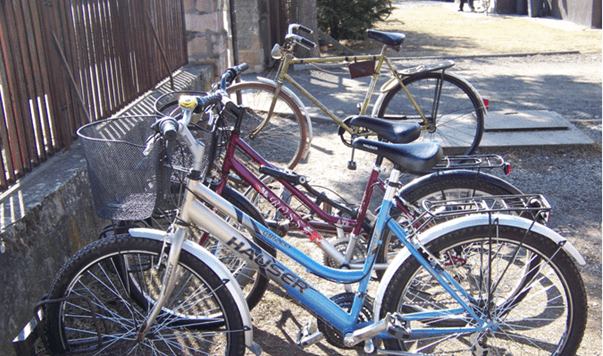Practice of racial profiling against the Roma community is acknowledged by the Police
Translation is available for this content
Váltás magyarraThe notary of the village Rimóc (Northern Hungary) noticed that petty offence fines for lack of mandatory accessories for bicycles (ring, headlights, reflector prisms) are almost exclusively imposed on Roma people in the area, although the bicycles used by the non-Roma are not significantly better equipped. He notified the Authority and the Hungarian Helsinki Committee (HHC). The Authority launched an ex officio investigation into the matter, and later on the HHC stepped into the procedure as an organisation vested with the right to carry out actio popularis litigation. Statistically analysing the documentation of the fines, the HHC managed to substantiate that whereas the Roma amount to approximately 25% of the village’s population, out of the 36 fines imposed for lack of accessories, 35 were imposed on persons who (based on their name, mother’s name, address) are likely to be of Roma origin. By going on a field trip and taking photos on the spot and through other means (e.g. going through internet advertisement of second hand bicycles) it also could be demonstrated that most bicycles in the area do not meet the requirements, so it is unlikely that only Roma bikers commit transgressions in this regard.
On 26 April 2012, the case ended in a friendly settlement between the Nógrád County Police Chief and the HHC. The Police Chief acknowledged that the practice may have disproportionately affected the Roma community, but emphasised that the police had no means to control the overall practice of a certain unit, because they were not allowed to process data of the ethnic affiliation of the individuals fined. The police undertook to delegate 20 officers to a 3-day anti-discrimination training, offered to provide the local community with necessary accessories free of charge, and they also undertook to provide the HHC in the following 2 years with all the data necessary for controlling whether the disproportionate practice has continued.
The case was also published on the website of the Open Society Foundations.
